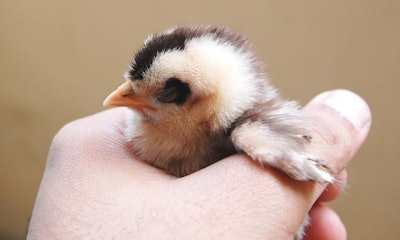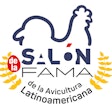
The European Court of Human Rights (ECHR) in Strasbourg, France, has just determined that there is “no violation of freedom of religion and no violation of prohibition of discrimination” because of the fact that countries such as Belgium prohibit sacrificing production animals without previous stunning, that is, the halal and kosher rituals of Muslims and Jewish, respectively.
This is the first time that freedom of religion and animal welfare are linked together. As per an article published in the Spanish newspaper El País, “in a unanimous decision, the Strasbourg judges consider that this prohibition does not constitute a violation of article 9 of the European Convention on Human Rights on freedom of thought, conscience and religion, nor of article 14 (prohibition of discrimination).”
But as said, “The most unprecedented thing about the ruling is that judges recognize that article 9 does not contain an explicit reference to the protection of animal welfare, since the only restrictions are related to ‘public safety, protection of public order, health or morals, or the protection of the rights or freedom of others.’” And so on.
Arguments on today’s morality, human rights, animal welfare of current “democratic societies,” evolution of society, and so on, all mix together with religions and one basic matter – producing foods! The argument is complicated, because someone can also discuss that religious beliefs may need to evolve, but that is a different story.
With this ruling, the ECHR thus coincide with the Belgian regions of Flanders and Wallonia, which banned some years ago animal slaughter without stunning. Muslim and Jewish organizations have cited that this new standard violates freedom of religion.
At the end, all this makes it difficult to have access to meat for communities in those countries that forbid halal and kosher rituals. However, this type of meat can still be imported. So, I really don’t understand. You can’t produce it there, but you can import it. Where does the moral issues halt? At the border?
All this is crazy. Groups of interest continue to deal a harsh blow on animal production as is. Again, I state: We are producing food. We are not hurting animals just for the heck of it.
What do you think?
















